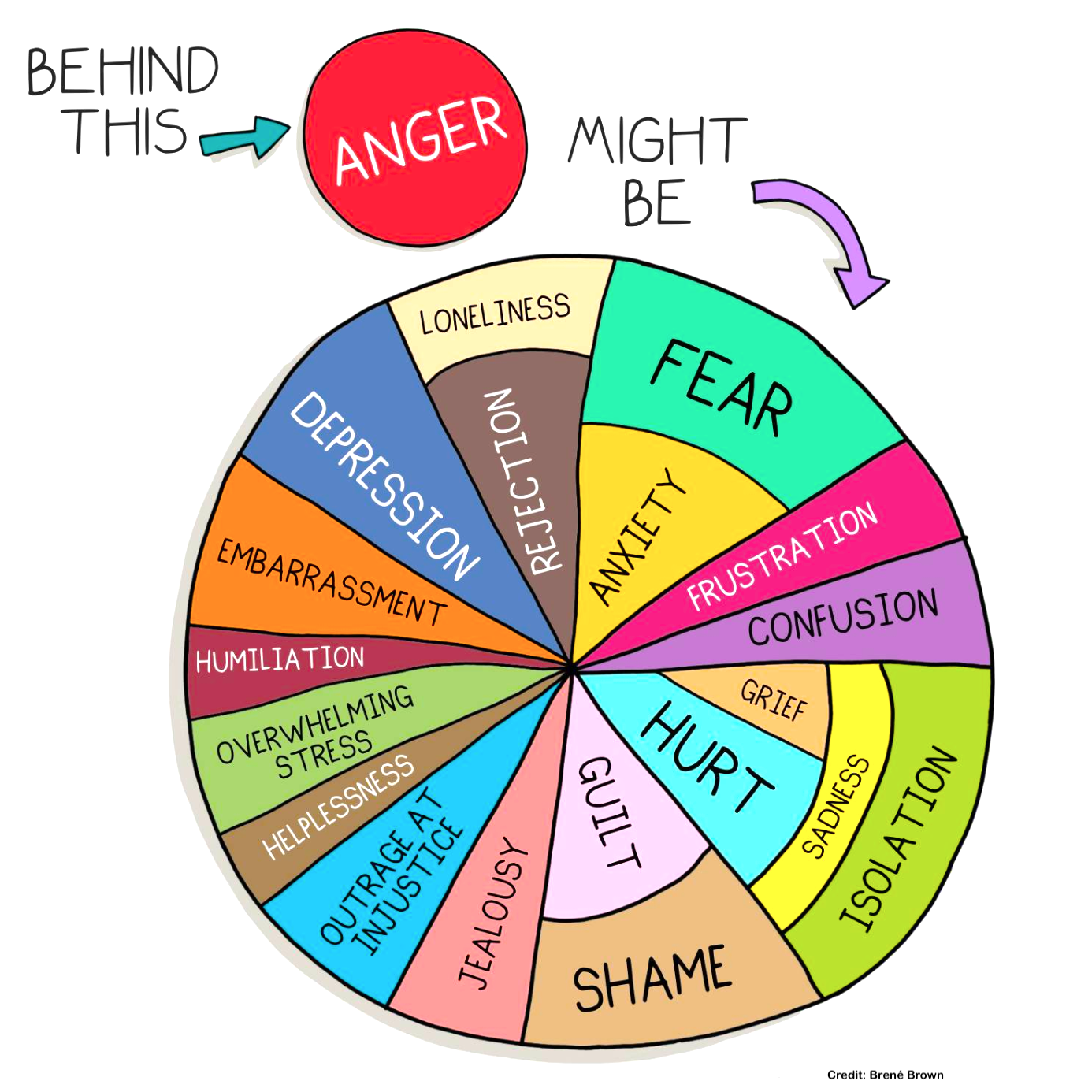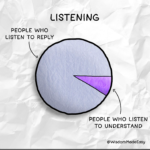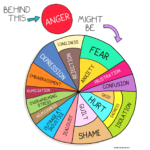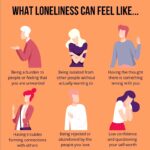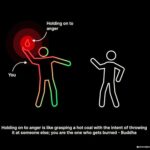Anger and frustration are natural. Yet managing these emotions is crucial for both our mental and physical health.
In my career as a psychiatrist, I’ve gathered together strategies to navigate anger and frustration more effectively.
I not only recommend these strategies, by I do my best to implement them in my life as well.
So, here we go…
1️⃣ Understand Your Anger
Identify your triggers. What sets off your anger? Is it misunderstanding, an insecurity, or something else? Knowing this can help reshape you respond in the future.
2️⃣ Reflect on Your Feelings
Dig deeper. Is anger masking other feelings like embarrassment or disappointment? Getting to the root helps us understand why we react the way we do. This knowledge also helps us to craft healthier reactions to these triggers.
3️⃣ Develop Healthy Responses
Practice deep breathing to curb the physiological spikes of anger. Engage in mindfulness or yoga to maintain calmness.
4️⃣ Communicate Effectively
Use “I” statements to express feelings without blame. For instance, “I feel frustrated when you speak to me in that tone” versus pointing fingers.
5️⃣ Seek Constructive Outlets
Channel your energy into physical or creative activities. Set practical goals for resolving conflicts, not winning them. Exercise (both aerobic and resistance training) are great ways to diffuse anger and frustration!
6️⃣ Know When to Seek Help
If anger disrupts your life frequently, consider professional help. A therapist can offer strategies and support to manage your emotions constructively. Anger could also be a part of depression or an anxiety disorder.
Remember, you don’t manage your anger by suppressing it. Take the time to understand your emotions and find ways to channel them in a healthy way.
By managing our emotions we not only improve the quality of our lives, but we very well may improve the quantity of years we have.
Peter Zafirides, MD
Central Ohio Behavioral Medicine
PSYCHIATRY
COLUMBUS, OHIO
If you’re experiencing anxiety or depression do not take these symptoms lightly. The earlier you get help, the quicker you can find healing, because your symptoms truly can get better. Working with our psychiatrists is a proven path for dealing with such concerns. Contact us to talk about getting you the help you need and deserve.

